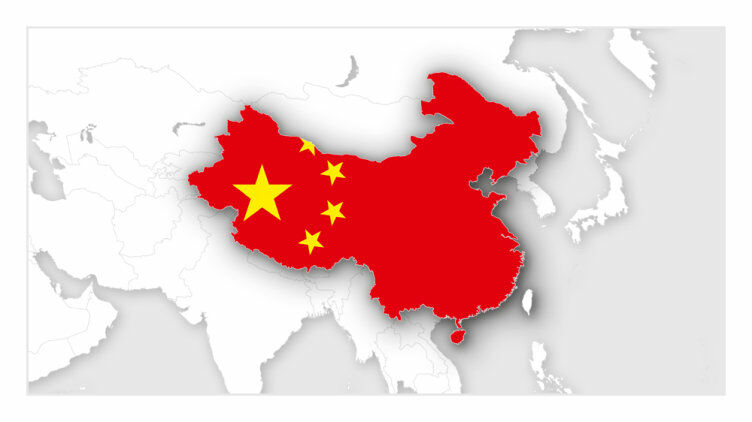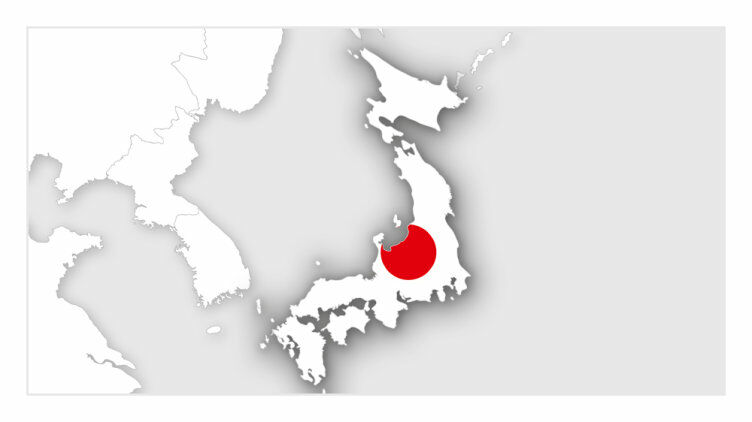In Asia, the number of binding regulations for the design of safe machinery is not really very high. Rapid industrial growth, however, means that the demand for machinery safety components is rising here too. Various certification processes and industrial health and safety laws are in part responsible, defining relevant protective measures and minimum standards.
Laws and standards in Asia

Laws and standards in Russia and the CIS countries
Russia and the CIS countries have been implementing TR CU certification (Technical Regulations of the Customs Union) for some years. This means that technical devices that fall within a specific product area must undergo a certain certification process.
Machinery and any corresponding technical accessories undergo a type approval test through a European notified body, for example. This test is normally recognised by an approval body based in Russia.

Laws and standards in China
China has introduced CCC certification. Similar to the position in Russia, technical products are subject to mandatory certification through a national approvals body.
Production sites are also inspected. If a technical device falls with the scope of the product list, which is subdivided into 19 categories, certification is mandatory, otherwise it will be necessary to supply a type of "declaration of no objection" from a national notified body.

Laws and standards in Japan
The Japanese Industrial Safety and Health Law specifies that hazardous machinery or machinery that is used in hazardous environments must be equipped with appropriate protective measures, as defined by the national Ministry. For example this relates to rubber grinding machines, presses, overload protection devices for cranes, sawing machines in woodworking or electrical parts in potentially explosive atmospheres. Some machines require approval from the national Ministry before they are manufactured or used. Boilers, cranes, pressure vessels or lifts fall into this category.
As a "best effort" the health and safety regulations require that machine manufacturers provide information about risks relating to the use of the machine and that employers/machine users carry out a risk assessment.

Above all, the Japanese Industrial Safety & Health Association (JISHA) supports the introduction of risk evaluations and health and safety management systems in Japan. Due to Japanese law, each employer/machine user must ensure that industrial safety measures are in place. Employees are obliged to support the measures that their employer puts in place.
The methodology for risk assessment is stated in Japanese standards (Japanese Industrial Standards, JIS), which are harmonised with international standards. Although the risk assessment is obligatory when certain chemical materials are used, it is currently not required in other industries.
Pilz Slovakia s.r.o.
Ludvíka Svobodu 2674/1
058 01 Poprad
Slovakia
Telephone: +421 52 772 8201
E-Mail: info@pilz.sk
Telephone: +421 911 954 200
E-Mail: info@pilz.sk